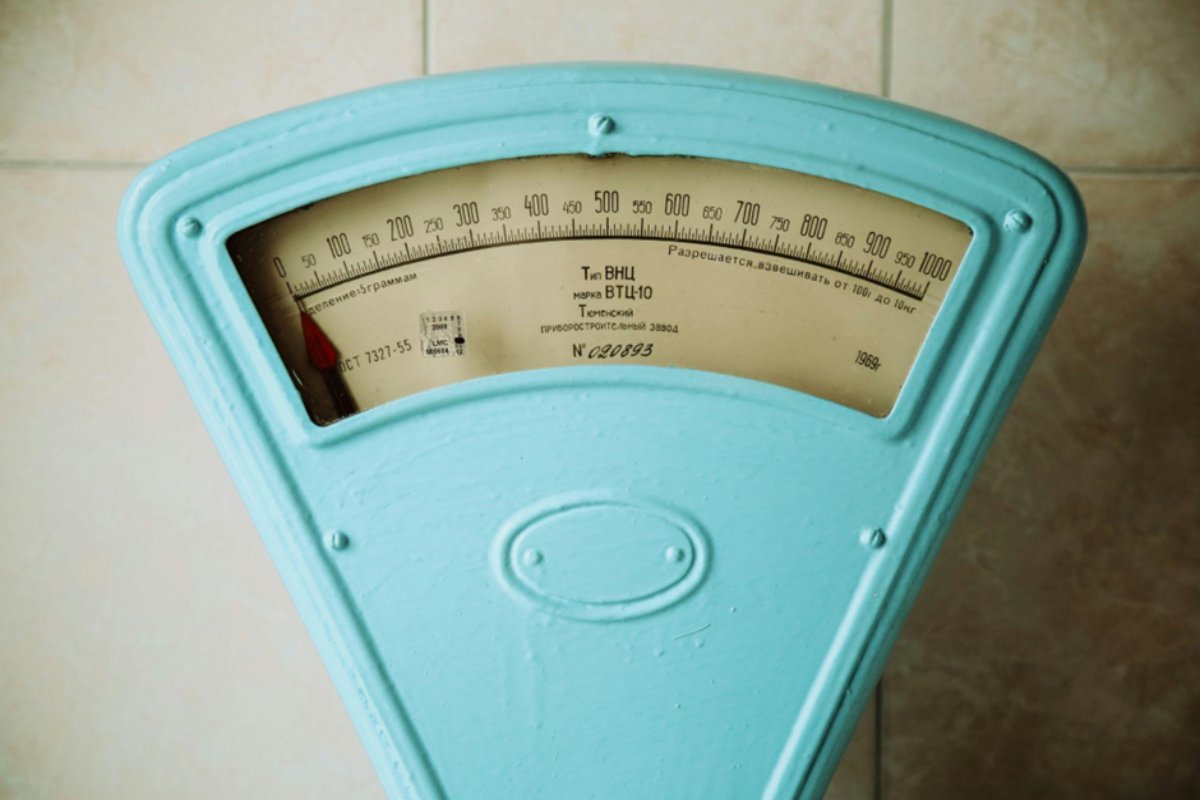Opting for weight loss surgery is a big decision—one that has been proven to help patients lose between 85% and 90% of their excess body weight, not to mention gain energy and live a healthier, happier life. But bariatric weight loss surgery isn’t a magic wand for shedding pounds; it’s hard work too. Once you’ve made the choice to have bariatric weight loss surgery, the next important step is selecting a health insurance plan that covers the cost of the procedure—if you don’t already have one in place. For people struggling with obesity who don’t have insurance coverage, options for self pay weight loss surgery can seem out of reach. However, even if you’re uninsured (or your provider won’t cover your procedure) there may still be light at the end of the tunnel when it comes to paying for bariatric treatment out-of-pocket.
Table of Contents
Why Consider a Self-Pay Surgery Option for Bariatric Weight Loss Surgery?
Obesity is a serious health condition, often giving rise to fatal diseases and detrimental health effects. The sooner the patients can reach the weight loss goals, the better their chances of eliminating or preventing, handling, and reversing obesity-linked conditions like sleep apnea, depression, Type 2 diabetes, fatty liver, kidney issues, hypertension, and heart diseases.
Self-funded, also known as self-pay or cash-pay surgery, is a popular choice among patients who don’t have an insurance policy covering the costs of bariatric surgery. Patients complain that getting approvals from health insurance companies is complex and time-consuming. In addition, some patients with top-quality, comprehensive healthcare insurance policies don’t include the expenses of weight loss surgery, making the process challenging. Hence, self-pay weight loss surgery is popular and convenient for bariatric procedure patients.
Benefits of Self-Pay Bariatric Weight Loss Surgery
Several advantages come with self-pay or cash-pay bariatric surgery. One of the highlights of self-funded bariatric surgery is that patients choose their surgeons, locations, and procedures. Besides getting a medical clearance or a green flag, patients don’t need to seek approvals or clearances from anyone else. In addition, self-pay or self-funded weight loss surgery indicates that patients can maintain their privacy. Confidentiality or privacy is a pivotal factor for many patients as they don’t want to handle the complex and extensive insurance approval procedures of health insurance companies.
Most insurance policies don’t cover all the expenses of bariatric weight loss surgery. It is also one of the reasons patients are self-funding their weight loss surgeries by seeking different affordable cash-pay options. The patients complete their approval process within a few minutes without complexities. They submit their multiple laboratory test results, medical approval certificates, and documentation for evaluation. The ease of getting quick appointments and easy approval process helps patients to undergo the surgery and overcome the emotional, physical, and social challenges of obesity. Thus, self-pay weight loss surgery has emerged as one of the most popular choices among bariatric patients.
What is the Affordability of Bariatric Weight Loss Surgery?
The average cost of bariatric weight loss surgery in the country ranges from $15,000 to more than $35,000, with an average of $24,000. The expense depends on factors like:
- The type of weight loss surgery chosen
- The location
- Different services
There are three popular types of bariatric surgery.
- Laparoscopic Sleeve gastrectomy
- Loop duodenal switch
- Roux-en-Y gastric bypass
These procedures are minimally invasive, and the recovery time is faster, making them good choices for self-pay weight loss surgery. The sleeve gastrectomy is the simplest and the most cost-effective weight loss surgery. Several states run programs that offer affordable cash-pay options for bariatric surgery, including surgical fees, dietary and psychological support, hospital stays, anesthesia costs, and outpatient care and support for a couple of months or more. The inclusive price costs around $13,500, and sometimes less, significantly below the average expenses. The comprehensive self-pay package eliminates side effects and surgical risks, optimizes weight loss outcomes, and helps people realize their dreams of a happier and healthier future.
Conclusion
Weight loss surgery is a health investment, and the self-payment options transform millions of lives. Patients complain that their comprehensive health insurance policies don’t cover the expenses of bariatric surgeries, making them expensive. Seeking self-pay weight loss surgery programs is a better alternative, and more patients are considering the option. Millions of individuals suffer from obesity and related health conditions. Bariatric surgery is the most effective procedure, helping people transform their lives.

